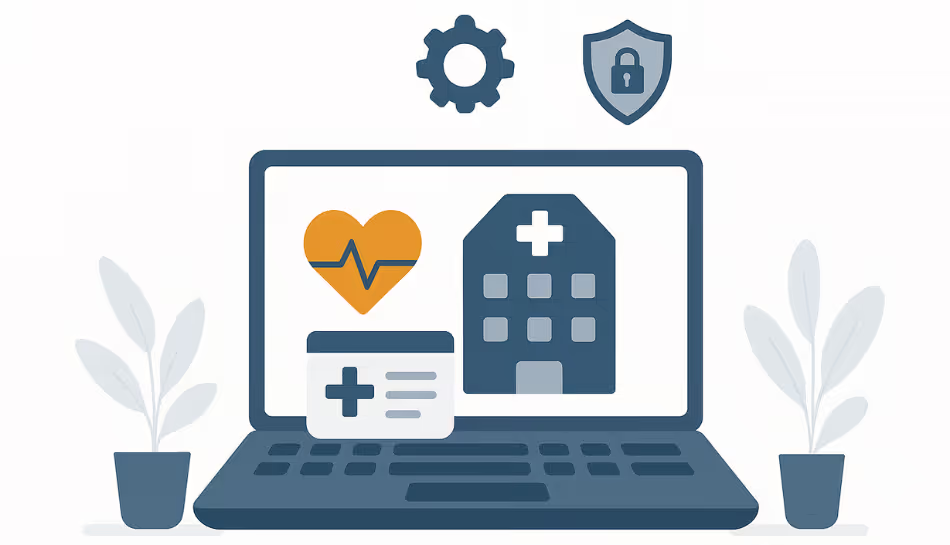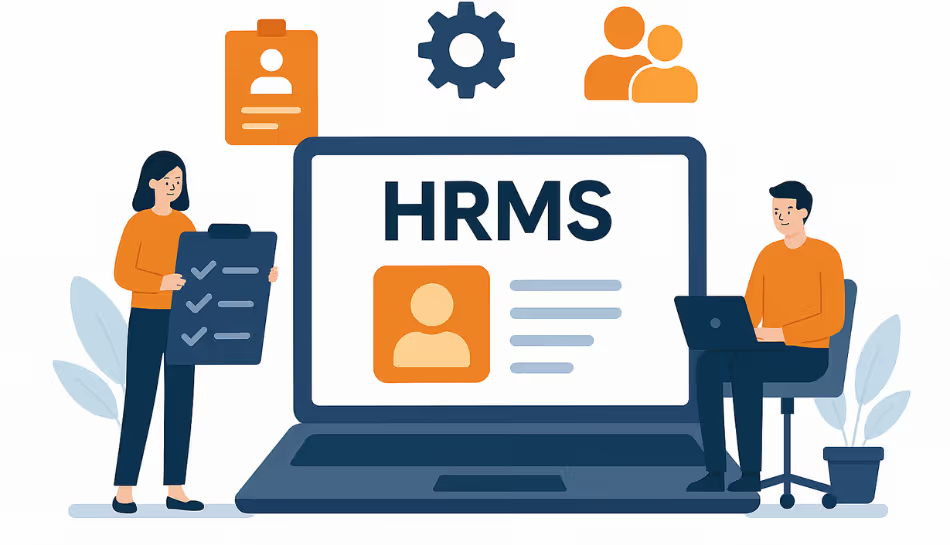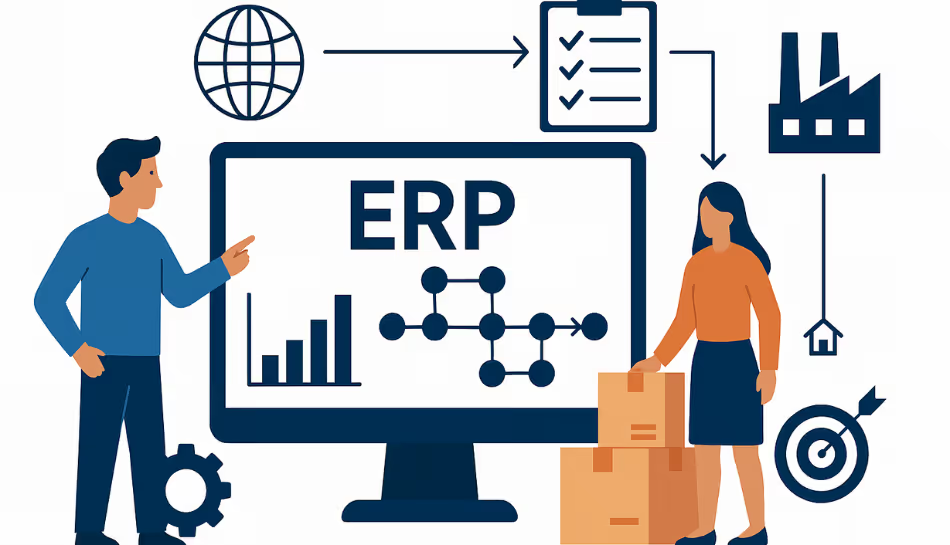Hospitals today are no longer relying on clipboards, paper files, and long queues. Thanks to advanced healthcare software development, modern hospitals are becoming faster, smarter, and more patient-friendly.
From online appointment booking to AI-driven diagnostics, hospital management software is reshaping how hospitals function, making operations more efficient and care more accurate.
Let’s dive into how custom software development for healthcare is changing the face of modern hospitals and why it’s becoming essential in 2025 and beyond.
1. Centralized Hospital Management
Gone are the days when different departments in a hospital worked in isolation. Hospital software systems now bring everything under one digital roof:
- Patient registration
- Billing and insurance
- Lab reports
- Pharmacy
- Appointments
- Ward management
This centralized setup, usually via a Hospital Management System (HMS), helps streamline workflows, reduce paperwork, and improve coordination between departments.
2. Improved Patient Experience
Today’s patients expect convenience. With healthcare software, hospitals can offer:
- Online appointment scheduling
- Patient portals to access reports and prescriptions
- SMS/email reminders
- Mobile apps for teleconsultations
These tools not only improve satisfaction but also reduce wait times and no-show rates.
3. Accurate and Accessible Medical Records
Custom healthcare software development allows hospitals to build Electronic Health Record (EHR) systems tailored to their needs. This means:
- Patient history is accessible in a few clicks
- Doctors have up-to-date data before every consultation
- Faster, safer decisions for treatment
Records are also stored securely, ensuring compliance with data protection standards.
4. Efficient Billing and Insurance Processing
Manual billing can lead to errors, delays, and missed payments. Software for healthcare management automates:
- Bill generation
- Insurance claims
- TDS and GST compliance
- Payment tracking
By reducing human errors and streamlining claims, hospitals improve their cash flow and reduce disputes.
5. Data-Driven Decision Making
Modern hospitals use healthcare ERP systems to pull data from across departments, finance, HR, pharmacy, radiology, and more.
This data is turned into real-time dashboards and reports to help:
- Track hospital performance
- Monitor patient trends
- Manage inventory
- Optimize staffing
With the help of healthcare analytics software, decision-makers can plan more effectively and improve overall service quality.
6. Inventory and Asset Management
Hospital pharmacies and equipment need tight control. Custom healthcare software ensures:
- Real-time inventory tracking
- Auto-alerts for low stock
- Expiry and batch tracking
- Asset utilization reports
This reduces waste and ensures essential supplies are always available.
7. Enhanced Security and Compliance
Hospitals handle sensitive patient data, making security a top priority. Good healthcare software development companies build systems with:
- Role-based access control
- Audit trails
- Data encryption
- Compliance with local laws (e.g., India’s Digital Health ID, GDPR)
This protects both patients and the hospital from legal risks and cyber threats.
8. Tailored Software Solutions
No two hospitals operate exactly the same way. That’s why many now choose custom healthcare software development, working with a custom healthcare software development company to build solutions that fit their exact needs, whether it's:
- A telemedicine platform
- A mobile app for home healthcare
- A specialized lab or radiology interface
Custom solutions grow with the hospital and integrate better with existing systems.
Final Thoughts
The future of healthcare lies in technology that empowers care, and modern hospitals are already seeing the benefits. Whether it’s reducing paperwork, speeding up diagnoses, or improving patient satisfaction, healthcare software is becoming the backbone of hospital operations.
If your hospital still relies on disconnected tools or manual processes, it might be time to consider working with a healthcare software development company. The investment leads to better efficiency, happier patients, and ultimately, better outcomes.



